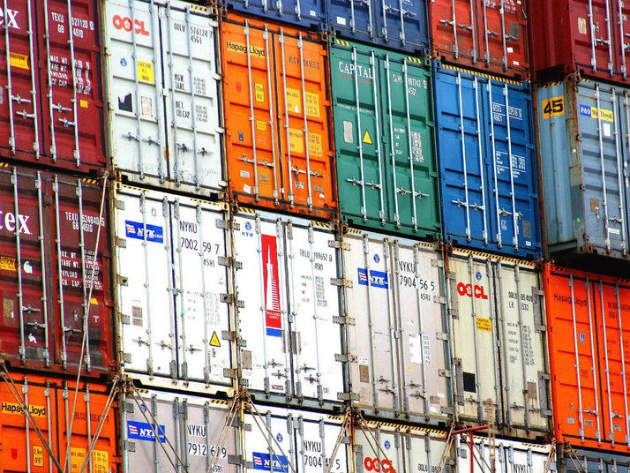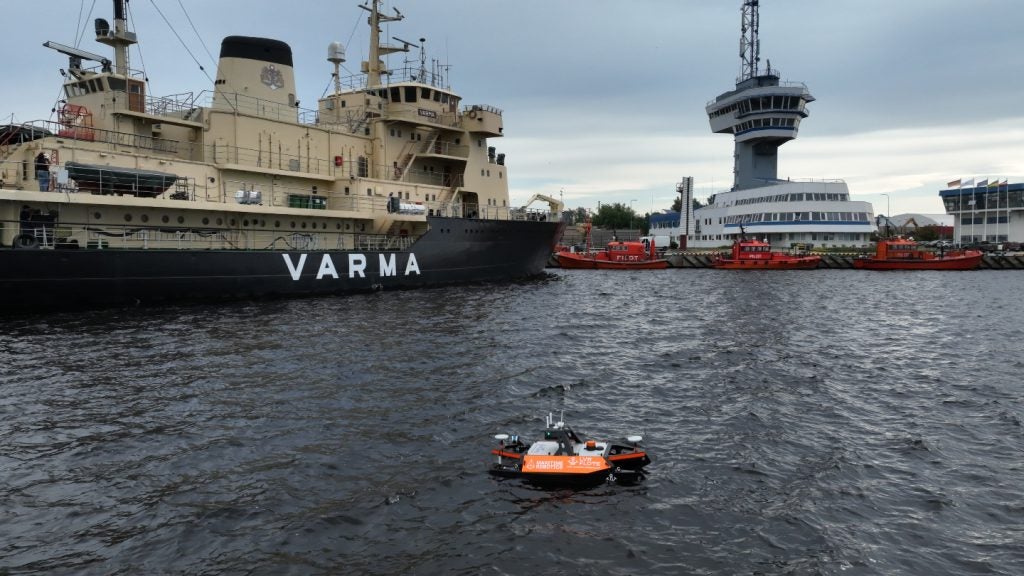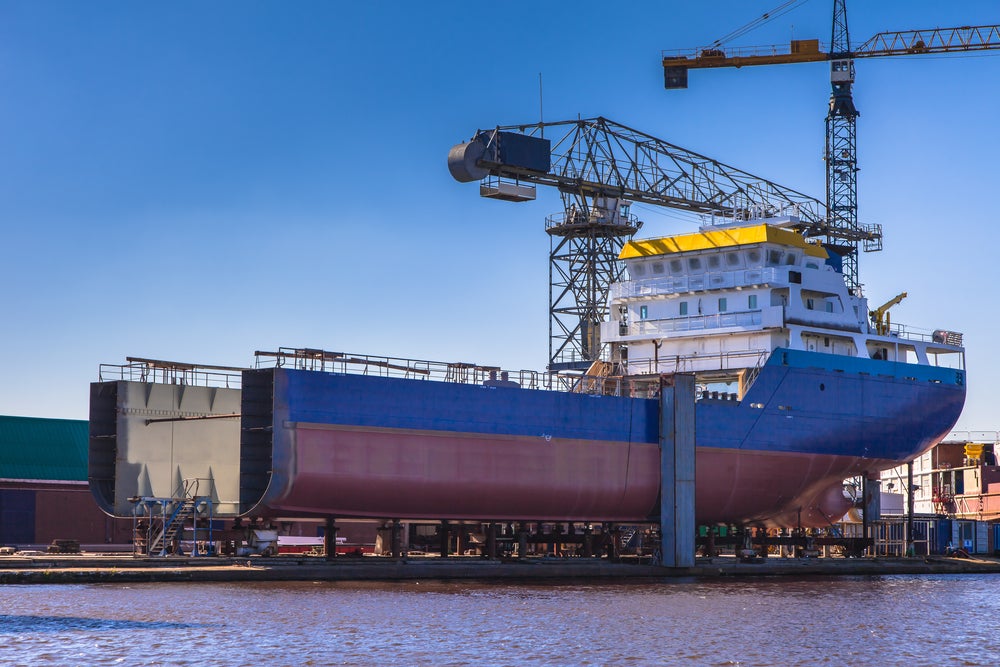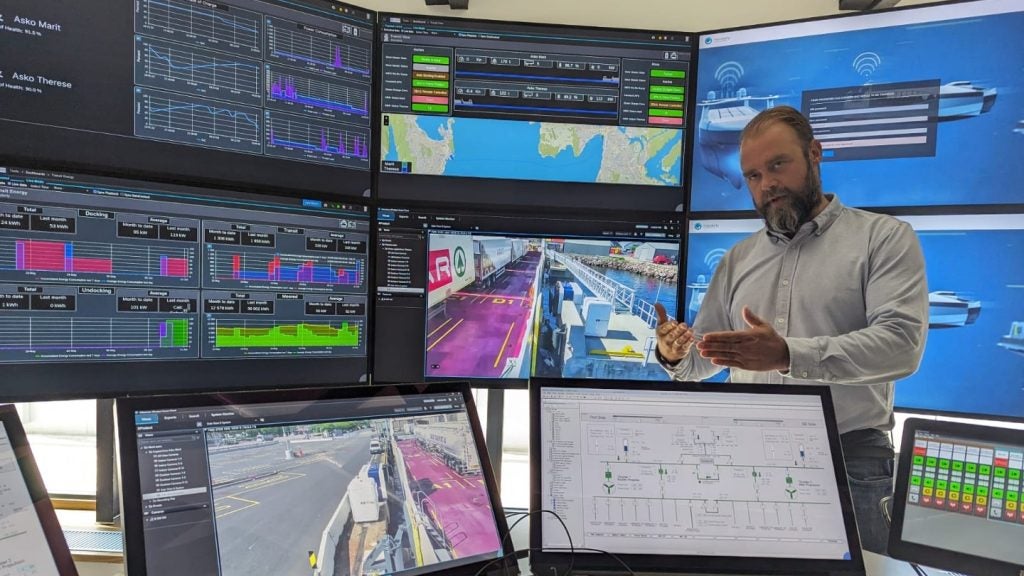
Last year started on a bad note. In February, the Baltic Dry Index (BDI), the economic indicator that assesses the current freight costs of transporting major raw materials by sea, fell to a new historic low, down to 290 points.
While the BDI closed at 961 points on 23 December, in January this year it fell again, reaching 926 points. The BDI is seen as a trusted, decades-old method of gauging trade around the world, as well as the state of the global economy in general.
In Wärtsilä’s annual review for 2016, the corporation’s president and CEO Jaakko Eskola said: “In the marine markets, contracting activity fell to an exceptionally low level. The majority of the volume decline was seen in the shipping industry, where overcapacity and low earnings remain the key challenges.”
Tough times ahead
Following an extremely difficult year across the board, economists, charters, consultants and shippers gathered at the Annual Marine Money forum in London on 25 January to discuss the biggest challenges faced by shipping and their outlook for the sector in 2017.
Although the general attitude was a hopeful and positive one, a few sobering takeaways from the day’s talks warned of the possibility of more tough times ahead.
Setting the tone for the day, senior economist at DNB Markets, Knut A. Magnussen, addressed global GDP growth, saying: “Trade is not growing as fast as we were used to before the financial crisis. We are seeing more protectionism around the world and it is not a good sign in terms of global trade.”
How well do you really know your competitors?
Access the most comprehensive Company Profiles on the market, powered by GlobalData. Save hours of research. Gain competitive edge.

Thank you!
Your download email will arrive shortly
Not ready to buy yet? Download a free sample
We are confident about the unique quality of our Company Profiles. However, we want you to make the most beneficial decision for your business, so we offer a free sample that you can download by submitting the below form
By GlobalData“GDP growth at a global basis is around 3% at the moment, and that’s a little bit lower than we were used to and the emerging market economies have slowed a bit, but our forecasts are optimistic, we think global growth will pick up this year and next year and that we might come back to a long-term average,” Magnussen added.
Politics loom over dry bulk market
The Baltic and International Maritime Council (BIMCO) called 2016 a “horrible year for the dry bulk shipping industry” and advised that “scrapping ships and no new builds is the fastest road to recovery for the dry bulk market.”
Singling out this market as a good investment opportunity, global shipping consultancy Drewry forecast that earnings in the dry bulk market are expected to improve from 2017 onwards, with demand projected to grow at a pace of 3%. Supply is expected to grow by about 1% from this year.
Discussions during the conference were understandably centred on the drastic political changes of recent times, and the regulatory uncertainties of the near future.
One key takeaway: despite the encouraging tone of various forecasters, the sector is starting the year with more risk factors than usual, mostly political ones, such as potential trade barriers, upcoming elections in Europe, and a “hard” Brexit.
Coal, iron ore prices to drop
“For the dry bulk industry, the last few years have been spectacular,” said Peter Weernink, managing director for SwissMarine Services. “We had a period between 2003 and 2008 with an enormous value.”
But, Weernink warned, “we are much more dependent on political choices, and that is the main effect today. 2017 will certainly be less volatile and less exciting than 2016. At the same time, I still believe there is enough leg in the coal market to maintain the positive we’ve seen until now.”
Eric Aboussouan, head of market research at Cargill, predicted strong dips in coal and iron ore prices later in this year, “simply because this market is still so nervous and confidence is so shaky.”
Another topic was the “uberization” of shipping in the dry cargo sector, which brings a new, direct way of doing business.
In January, BHP Billiton launched an online freight platform on which shippers can compete to offer the best price to haul commodities such as iron ore and copper to customers. This new business model, which bypasses the brokers, helps reduce costs in shipping and will certainly bring higher operational efficiency into an industry largely stuck in its old ways.
Restrained optimism prevails
One particular problem that permeated through the talks was that “shipping has always been destroyed by too many ships and too much money.”
“As long as money is cheap, owners will build ships. This, combined with low the newbuild prices, could spell disaster,” the forum’s wrap-up report concluded, warning that if the shipyards reduce prices by another 10% to 15%, it would be “suicide for them and for the industry.”
Looking ahead, online platform OpenSea laid out two scenarios for this year and beyond, one pessimistic and one optimistic.
Under the optimistic scenario, demolition is further increased, new deliveries are delayed and new orders are not placed, while dry bulk seaborne trade is improved during 2017. This would push BDI to levels similar or higher than those of 2014.
On the other hand, demolition could be decreased due to the low scrap prices and the lower average age of the fleet, while the Chinese economy continues to slow down, alongside an equally slow European and US economy, which would force BDI to remain at historical low levels throughout the rest of this year.
How the economic situation will eventually turn out remains to be seen, along with its impact on shipping.
Time to invest?
Ending on a positive note, the forum’s speakers concluded that, despite the very real challenges that still put significant pressure on shipping today, “there is some hope that the industry players will this time be more disciplined and not wade in to contract over the year or two ahead.”
“This is what will bring better balance and may give dry some hope in 2018 and other sectors too over the next two years.”
Andrew Hampson, managing director at Tufton Oceanic, delivered one of the most positive notes of the day: “We at Tufton Oceanic are considering now is a good time to consider investing into shipping.
“We feel like there will be an increasing amount of events outside of our control and therefore the best we can do is to make sure that our own ships are in order and be best prepared to take on the challenges ahead.”






